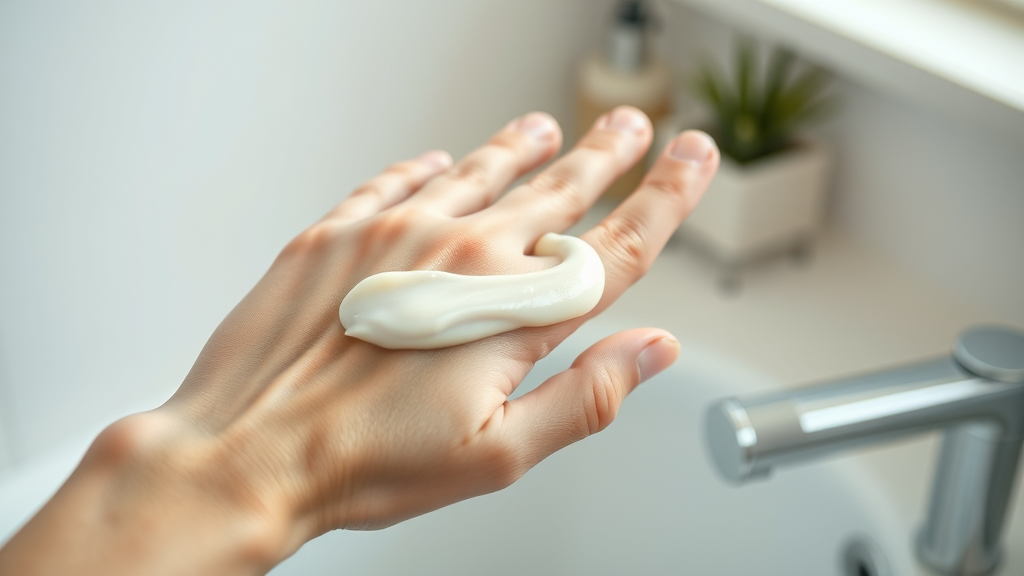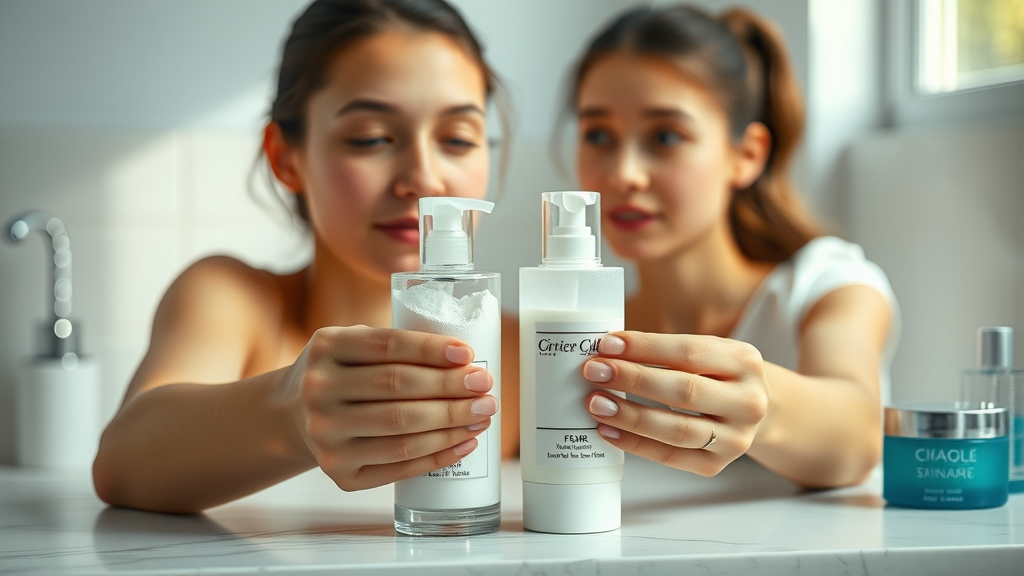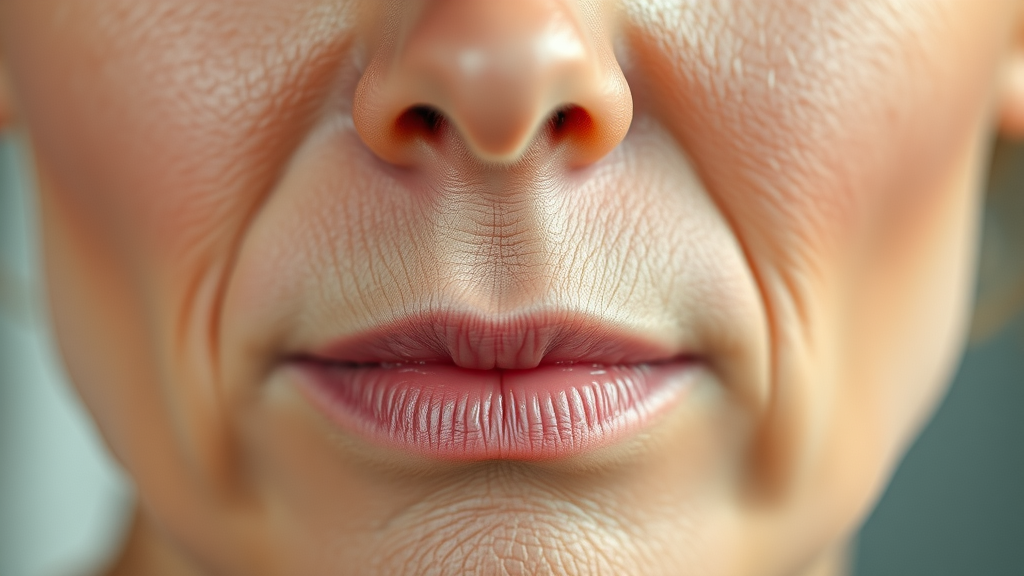Have you ever wondered how to achieve that coveted, dewy complexion that feels balanced and radiant? The answer might lie in understanding what is emulsion skin care. This guide dives deep into the world of emulsions, unraveling their mysteries and showcasing their potential to transform your skin care routine.
Understanding What Is Emulsion Skin Care
What exactly is an emulsion in skin care?
At its core, an emulsion is a mixture of water and oil components stabilized by an emulsifying agent. Emulsions are crafted to deliver hydration and nutrients more effectively to your skin, serving as a lightweight moisturizer that can be easily absorbed. Unlike heavy creams, emulsions offer a breathable layer of moisture, making them a versatile choice for sensitive skin and dry skin alike.

The role of emulsions in a skincare routine
Incorporating emulsions into your skincare routine can help maintain a balance of moisture and nourishment. Whether you're combating excess oil in oily skin or enhancing hydration in dry skin, emulsions offer a versatile solution. They work harmoniously with other care products, serving as a vital step between cleansing and moisturizing, especially in humid climates where less greasy textures are preferred.
Benefits of Emulsion Skin Care for Different Skin Types
Why emulsions are suitable for every skin type
Emulsions are renowned for their adaptability. They are suitable for all skin types, including sensitive, oily, and combination skin. The formulation allows them to hydrate without clogging pores, thereby reducing sebum production and preserving the skin barrier. This balance helps in minimizing breakouts while nourishing the skin deeply.
How to choose the right emulsion for your skin care
Selecting the right emulsion involves understanding your specific skin needs. For example, if you face dehydration, look for formulations with ingredients like hyaluronic acid for intense moisture. Meanwhile, korean skincare emulsions often include natural extracts for a more holistic approach. Consulting with a dermatologist can also provide insight into the most effective emulsion for your skin type.
"Emulsions offer a lightweight, hydrating solution for every skin type," says Dr. Jenna Park, Board-Certified Dermatologist. "They're remarkable in ensuring your skin remains balanced and nourished throughout the day."

Integrating Emulsions into Your Skincare Routine
Step-by-step guide to using emulsions in your routine
Integrating an emulsion into your skincare routine is straightforward. Begin by cleansing your face to remove impurities. Pat dry and apply a small amount of toner, allowing your skin to prepare for the emulsion. Dispense a small amount of emulsion onto your fingertips and gently massage it into your face. Follow this with a moisturizer if additional hydration is needed. For optimal results, use emulsions both in the morning and evening.
- Avoid applying emulsions to dirty or uncleansed skin.
- Do not over-apply, as a small amount is sufficient.
- Avoid using incompatible products that can negate the emulsion's effects.
Comparative Analysis: Emulsion vs Moisturizer, Serum, and Toner
| Feature | Emulsion | Moisturizer | Serum | Toner |
|---|---|---|---|---|
| Texture | Lightweight | Medium to Heavy | Light to Viscous | Liquid |
| Purpose | Hydration & Nutrients | Seal in moisture | Target specific skincare concerns | Prep & Balance skin |
| Application | After toner, before moisturizer | After emulsion or serum | Before emulsion | Directly after cleansing |
What is the difference between emulsion and moisturizer?
The main difference between an emulsion and a moisturizer lies in their texture and purpose. Emulsions are lighter, designed to blend seamlessly with your skin for hydration, whereas moisturizers are often richer, meant to lock in moisture and create a protective barrier. Both can be used in tandem to tailor your routine according to your skin's needs.

What is the difference between serum and emulsion?
Serums and emulsions serve distinct roles in a skincare routine. Serums are potent, designed for deeper penetration to target specific concerns, such as aging or pigment issues. Emulsions, in contrast, offer a broader application with the focus on layering light hydration and additional nutrients. Think of emulsions as a bridge between concentrated treatments and moisturizing layers.
What is the difference between toner and emulsion?
Toners and emulsions differ significantly in function. A toner is used primarily after cleansing to remove traces of makeup or impurities and to restore the skin's pH balance. Emulsions, applied post-toner, add a soothing layer of hydration that preps the skin for subsequent products like creams or sunscreens.
Emulsion Skin Care: What Experts Recommend
Expert insights on using emulsion in skin care
Professionals in the skincare industry suggest incorporating emulsions for their unique ability to deliver hydration without heaviness. Their testimonials confirm that using emulsions regularly can enhance your overall skin care strategy, providing a comfortable, breathable layer that fosters healthier skin over time.
Latest emulsion products recommended by professionals
Experts often recommend looking at formulations that contain anti-inflammatory and hydrating ingredients. Recent innovations have brought emulsions that cater to diverse needs, including those enriched with vitamins, hyaluronic acid, and botanical extracts. Consulting with a dermatologist or skincare professional can guide you towards emulsions most suited for your personal skin goals.
Frequently Asked Questions about Emulsion Skin Care
-
What does emulsion do for skin?
Emulsions serve to hydrate and nourish your skin, offering a lightweight yet effective solution to maintain a soft, balanced complexion. They offer a consistency that allows for easy absorption, making them ideal within any skincare routine.
-
What is the difference between emulsion and moisturizer?
While emulsions are lighter, focusing on hydration, moisturizers are designed to lock in moisture, often providing a thicker protective barrier over your skin.
-
What is the difference between serum and emulsion?
Serums focus on delivering concentrated doses of active ingredients to address specific concerns, while emulsions provide a lighter layer of moisture and nutrients to prep the skin.
-
What is the difference between toner and emulsion?
Toners are used primarily to balance skin's pH and clear residue post-cleansing, while emulsions add an extra layer of hydration and nourishment post-toner.
Summary: The Essential Points of What Is Emulsion Skin Care
Key takeaways on the benefits and use of emulsions
Emulsions are a transformative part of any skincare routine, offering hydration without weighing down the skin. Suitable for all skin types, they enrich your regimen, enhancing the skin's texture and balance. Understanding their role and application can lead to more radiant and healthy-looking skin.

Feeling inspired to add an emulsion into your skincare repertoire? The blend of hydration and light texture might just be the skincare routine upgrade you're looking for.
 Add Row
Add Row  Add
Add 



Write A Comment